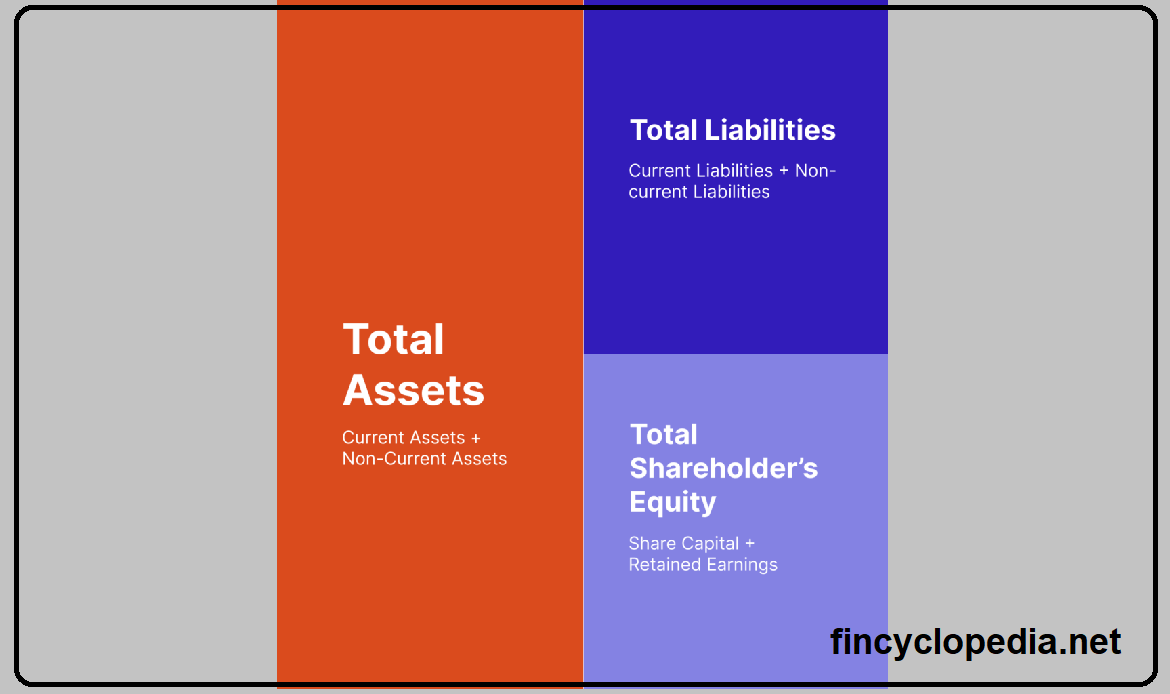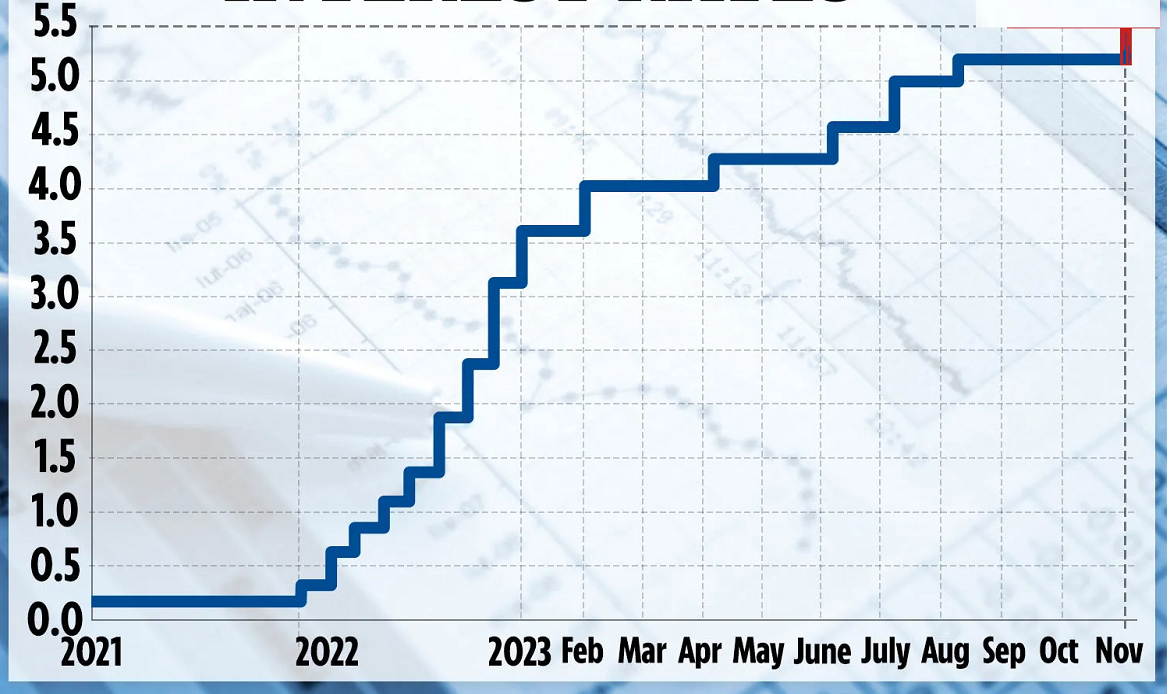The notion that changes (premeditated changes) in interest rates affect borrowers’ balance sheets and income statements. As a type of credit channel, balance sheet channel constitutes a monetary policy approach applied to magnify the effect of monetary policy (monetary transmission) due to a change in lending. It implies that during periods of tight monetary policy, banks reallocate loanable funds away from small firms/ businesses toward large firms/ businesses, implicitly assuming that small firms pose bigger risks than large ones.
This approach is an application of monetary impulses that aims to create an impact on the specified variables through variations in the net financial income perceived by the targeted market’s agents (income effect) and on their net wealth (wealth effect). The balance sheet channel is reflected in the cause- effect relationship between interest rates and net worth of firms and individuals. A rise in interest rates tends to reduce the net worth of these agents- making it harder for them to qualify for credit (loans) at any interest rate, leading to a reduction in spending and price pressures.







